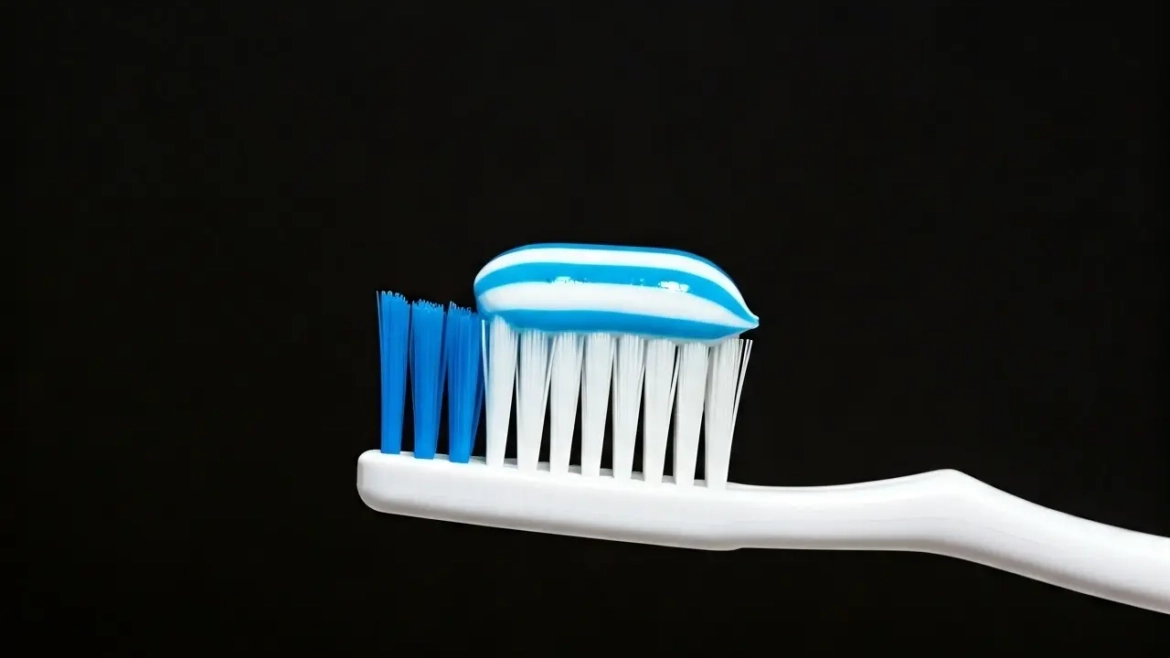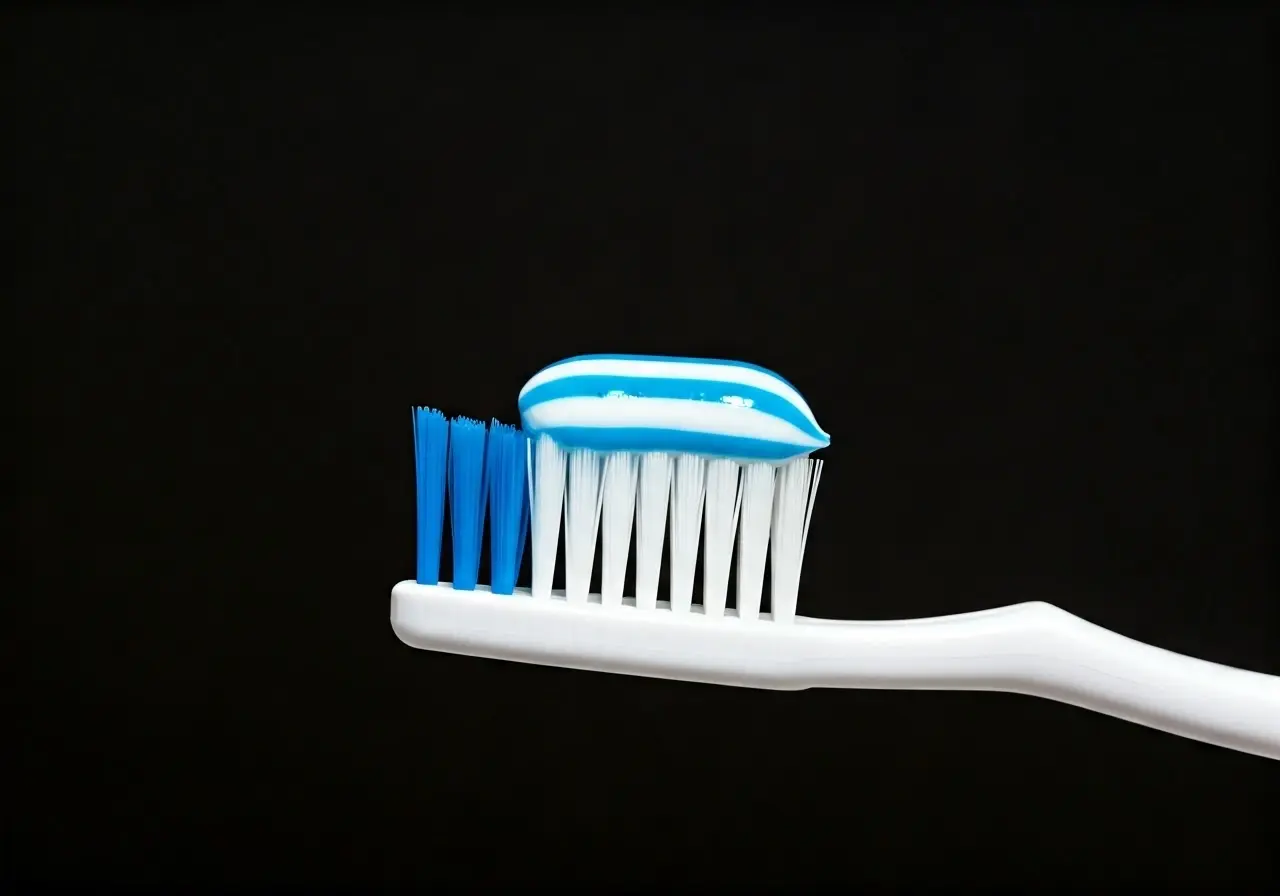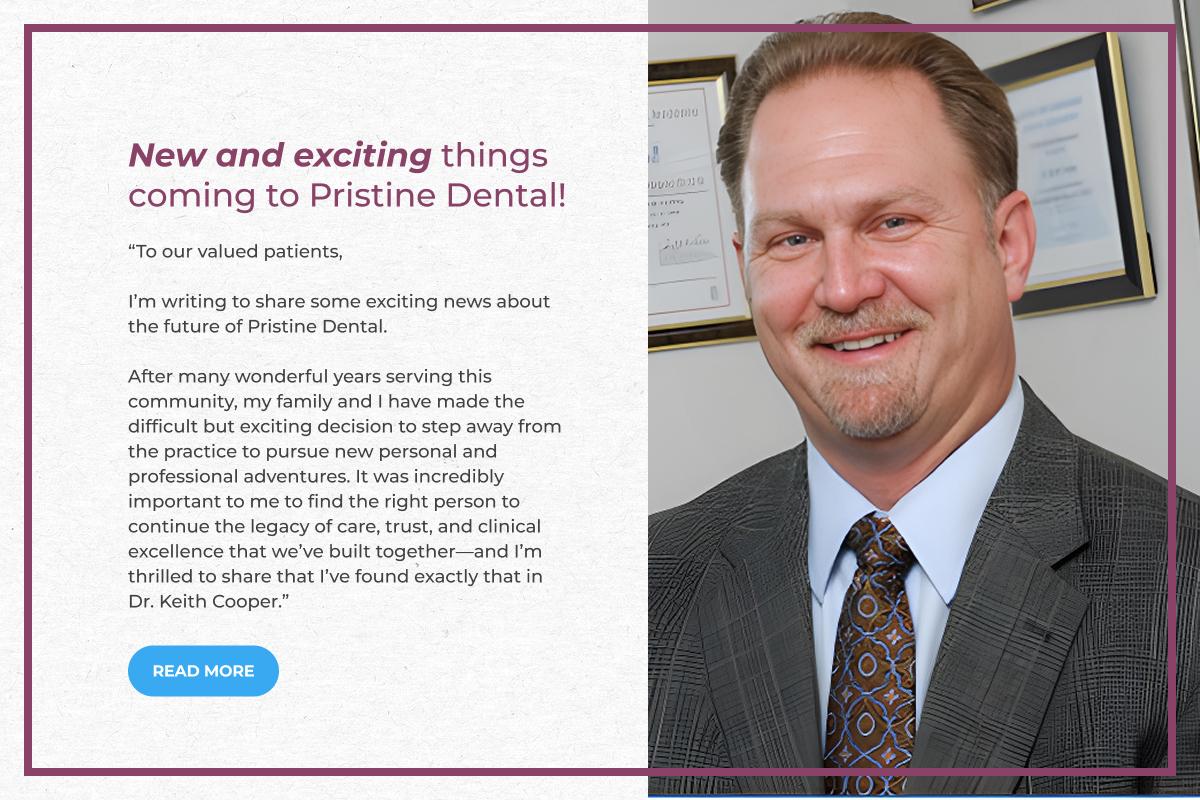Tooth sensitivity can turn a delightful meal or a refreshing drink into an uncomfortable experience. While minor sensitivity may be common, persistent or intense tooth sensitivity is a sign that it might be time to consult a dentist. In this blog, we’ll guide you through understanding tooth desensitization and the scenarios when professional consultation is necessary.
Understanding Tooth Sensitivity
Tooth sensitivity occurs when the protective layers of your teeth wear down, exposing underlying nerves. This can result in pain or discomfort when consuming hot or cold foods. Identifying the root cause of sensitivity is crucial in determining whether simple home remedies will suffice or if professional help is needed.
The enamel, which is the hard outer layer of your teeth, acts as a shield. When this enamel erodes, it often reveals the dentin beneath—a layer that is much less dense. Dentin contains small tubules that connect directly to the tooth’s nerve. Consuming certain foods or drinks can trigger pain by stimulating these nerve endings. For people who frequently experience this type of discomfort, understanding the structure of the tooth can provide insights into why minor chips or wear might lead to sensitivity.
Moreover, not only enamel but gum recession can also expose sensitive areas. This recession often occurs due to inappropriate brushing techniques or gum disease. Proper brushing with a soft-bristled brush can help prevent further gum loss. It’s an essential element of anyone’s daily routine, highlighting the importance of gentle oral hygiene practices.
Common Causes of Tooth Sensitivity
Several factors contribute to tooth sensitivity, including enamel erosion, gum receding, or even aggressive brushing habits. Understanding these can help in preventing sensitivity from worsening. Additionally, recognizing the signs can help you decide when a dentist’s opinion is warranted.
Acidic foods and beverages are often culprits in the erosion of enamel. Foods rich in acid, such as citrus fruits, sodas, and certain candies, can wear down the enamel if consumed excessively. Limiting consumption and pairing such foods with a glass of water can help neutralize acid levels in the mouth, providing a simple yet effective preventive measure.
Another common cause is tooth grinding, or bruxism, which can severely wear down protective enamel over time. This usually happens unconsciously during sleep or stressful situations. A dentist may recommend a mouth guard to mitigate this wearing and protect the teeth from further damage.
Signs It’s Time to See a Dentist
If you experience prolonged sensitivity that persists despite using desensitizing toothpaste or other remedies, it’s a clear signal to consult a dentist. Other warning signs include visible cavities, gum swelling, or bleeding, which could signify more serious dental issues.
Regular dental check-ups can help catch early signs of sensitivity or enamel wear. During these visits, a dentist can provide insights into whether your brushing technique needs adjustment or if your oral care products are suitable for your needs.
Occasionally, underlying conditions unrelated to oral hygiene could contribute to sensitivity. Conditions like GERD or bulimia, where stomach acid comes into contact with teeth more frequently, can also lead to enamel erosion. In such circumstances, addressing the root cause with the help of medical professionals, alongside regular oral care, is crucial for managing tooth sensitivity.
What to Expect During a Dental Consultation
During your visit, the dentist will conduct a thorough examination to identify the cause of sensitivity. This may involve dental X-rays, evaluating gum health, and checking for signs of tooth decay or structural damage. Based on findings, your dentist will propose an effective treatment plan tailored to your needs.
You might be surprised to learn that solutions are often simpler than expected. Desensitizing agents or protective sealants are common treatments. In the case of more serious issues, such as a cavity or advanced gum disease, procedures like fillings or deep cleanings may be suggested.
Part of the consultation may also focus on lifestyle advice. Dentists often provide recommendations regarding diet, oral hygiene tools, and techniques to further protect your enamel. This holistic approach ensures that your teeth are as shielded as possible against everyday challenges.
Preventive Measures and Treatments for Tooth Desensitization
Prevention is always better than cure. Establishing a routine of proper oral hygiene, using a soft-bristled toothbrush, and limiting acidic food intake can help manage sensitivity. If treatment is required, dentists may recommend fluoride applications, bonding, or even gum grafts depending on the severity of the case.
Patients often find relief in fluoride treatments, which strengthen the enamel and reduce sensitivity. Other options, such as bonding agents, can cover exposed root surfaces and further shield nerves. These treatments not only alleviate symptoms but also improve overall tooth health.
For more advanced cases, gum grafting might be necessary. This procedure involves covering exposed tooth roots with grafted tissue to prevent further erosion and discomfort. Although it sounds extensive, it provides significant relief for those with critical gum recession or severe sensitivity issues.
Taking Charge of Your Dental Health
Tooth desensitization is more than just a minor inconvenience. It can be indicative of underlying oral health issues that deserve professional attention. By consulting a dentist, you take proactive steps in maintaining your dental health and ensuring those sensitive moments don’t interrupt your daily joys. Remember, when in doubt, it’s always better to seek expert advice.



